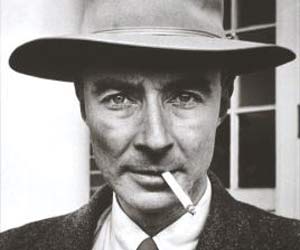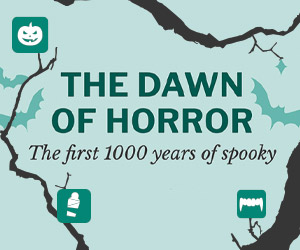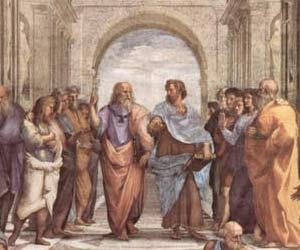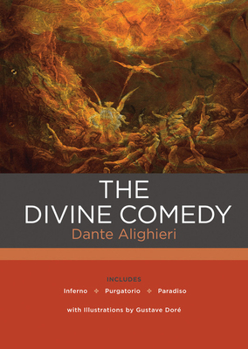Book Overview
Comprised of three books - Inferno, Purgatorio, Paradiso - Dante's Divine Comedy follows Dante Alighieri's epic poems follows Dante through the different sections of the afterlife; hell, purgatory, and heaven. Divine Comedy began as a project in 1308 and ended in 1320, the year before Dante's death. Told in first person, Dante follows the poet Virgil through the rings of hell and purgatory. The Divine Comedy is a highly...
Customer Reviews
Very old translation
Astonishing!!!!!
Stunning - a must have
The "Divine Comedy" read in the original Italian
A Musical Translation!
More Than Gorgeous
The Divine Comedy Mentions in Our Blog

Featuring a glittering, star-studded cast, Christopher Nolan's brilliant new film charts the turbulent life of J. Robert Oppenheimer, the theoretical physicist who played a significant role in developing the first atomic bombs. If you enjoyed the movie, here's your chance to learn more about this fascinating chapter from history.


Poetry is one of the purest forms of expressing the human experience. It also offers a reflection of the era in which it was created. For National Poet’s Day on August 21, we celebrate the age-old artform with a tour of poetry through the ages.







